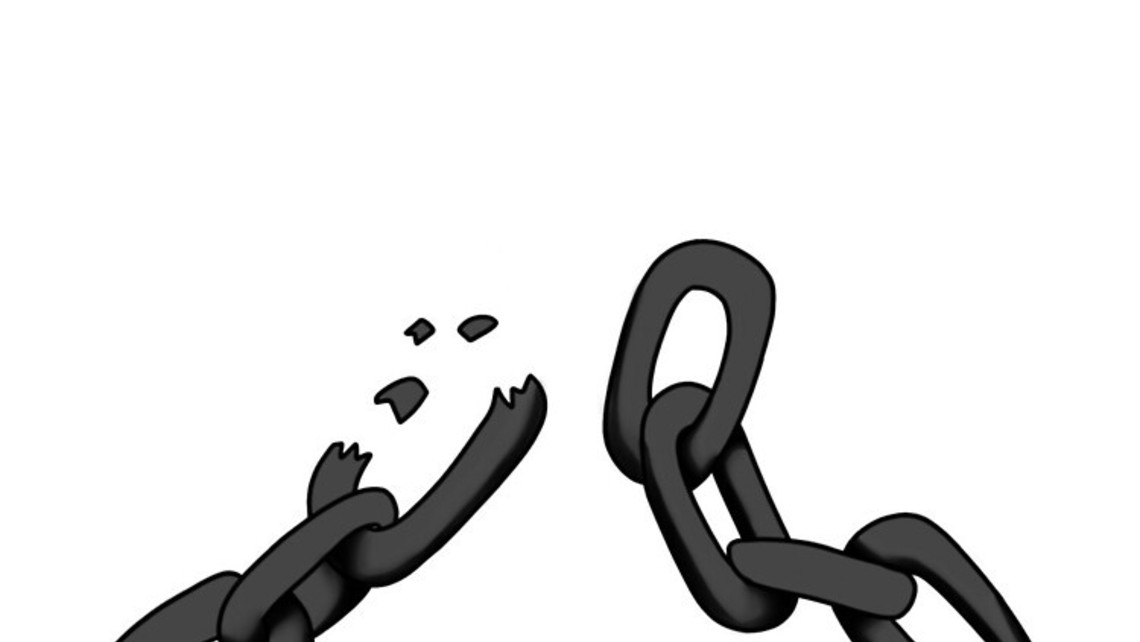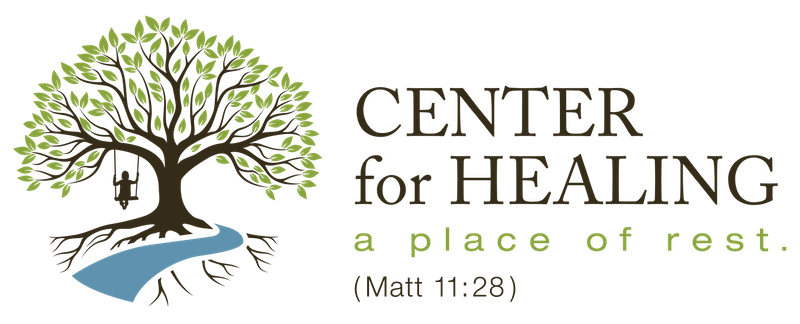
On the path of healing stuck places and moving into a more wholehearted way of living, there are some distinct parts of the healing process. One early and vital part is to recognize our own specific psychological blueprint and naming what has impacted us and where the source of pain has been. This often involves laying responsibility at the feet of others, such as parents, authority figures (and anyone else who has done us real harm). If we don’t acknowledge these things, we can stay stuck in a frozen state with valid, unprocessed distress around our unmet needs and this can cause us a host of serious personal problems. Our view of ourselves can be that something is deeply wrong with us because we’re hurting, when in fact our hurts are highly reasonable and normal in context. It’s so necessary to come to see this; if we don’t, we are blocked in growing the capacity to give and receive love in a mature way . There’s also a special risk of stuffing emotion that comes with a Christian view of the redemptive power of suffering - too often, we are told or tell ourselves to “offer it up” because that’s what Jesus would do and because suffering redeems us - and we get this message even when the suffering may not actually be God’s will for us. This “spiritual bypassing” can absolutely play a sinister part in keeping us from the healing that Jesus has won for us and that we can participate in only by going through the fire of processing our pain.
What I’d like to emphasize in this post, however, is a different risk: the risk of staying stuck in this stage of healing where we name our grievances and acknowledge the blame that rightly belongs to others in reference to our hurts. This stage is a step; it is not the whole journey and we do ourselves an injustice when we stop here and don’t keep moving. We run the terrible risk of making our personal identity Victim with a capital “V.” I want to be clear here to distinguish between the reality of being a victim of specific acts of harm, and developing what is commonly referred to as a “victim mentality.” This comprehensive victim identity doesn’t align with the truth about who we are as human persons made in the image and likeness of God. We have been granted personal agency and, consequently, responsibility, and this doesn’t get erased by the reality that we carry burdens and hurts that are not our fault. Our story is not over because of what’s happened to us hitherto. As long as we’re breathing, there is more life for us to engage and story to write. Pope Saint John Paul II wrote that “all men and women are entrusted with the task of crafting their own life: in a certain sense, they are to make of it a work of art, a masterpiece” (Letter to Artists). We are on the hook for cultivating hope for our lives and working toward the realization of the things hoped for precisely because we will never be merely victims of our circumstances. As Auschwitz survivor Victor Frankl powerfully attested, we are image bearers of a creative God, able to take initiative, choose our response, and act wisely no matter what we face (Man’s Search for Meaning).
Wholehearted living means that we live from the whole truth of who we are: bruised but not broken, wounded but not destroyed, hurt but not reduced to victim as our personal identity. There’s an aggressive cultural push to reduce the dramatic tension of human life and relationships to a tug of war between victims and oppressors, and it is perhaps nowhere more potent than in the field of psychology and in therapist’s offices across America. If we buy into this mentality, we may never get to experience the relief and even joy of exercising our power to take responsibility for our growth and healing. Let’s hold on to our true human identity and the hope it brings.
Peace,
Anna Heschmeyer
MS, PLMFT



